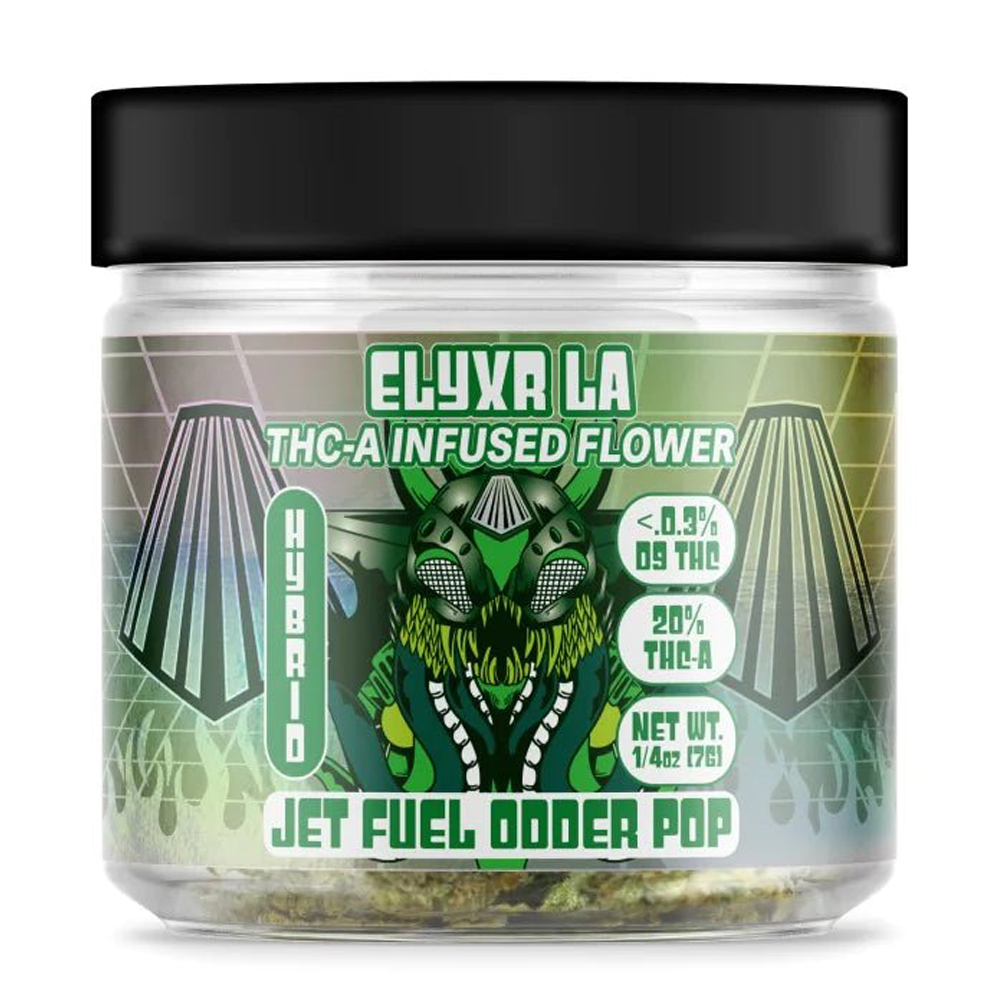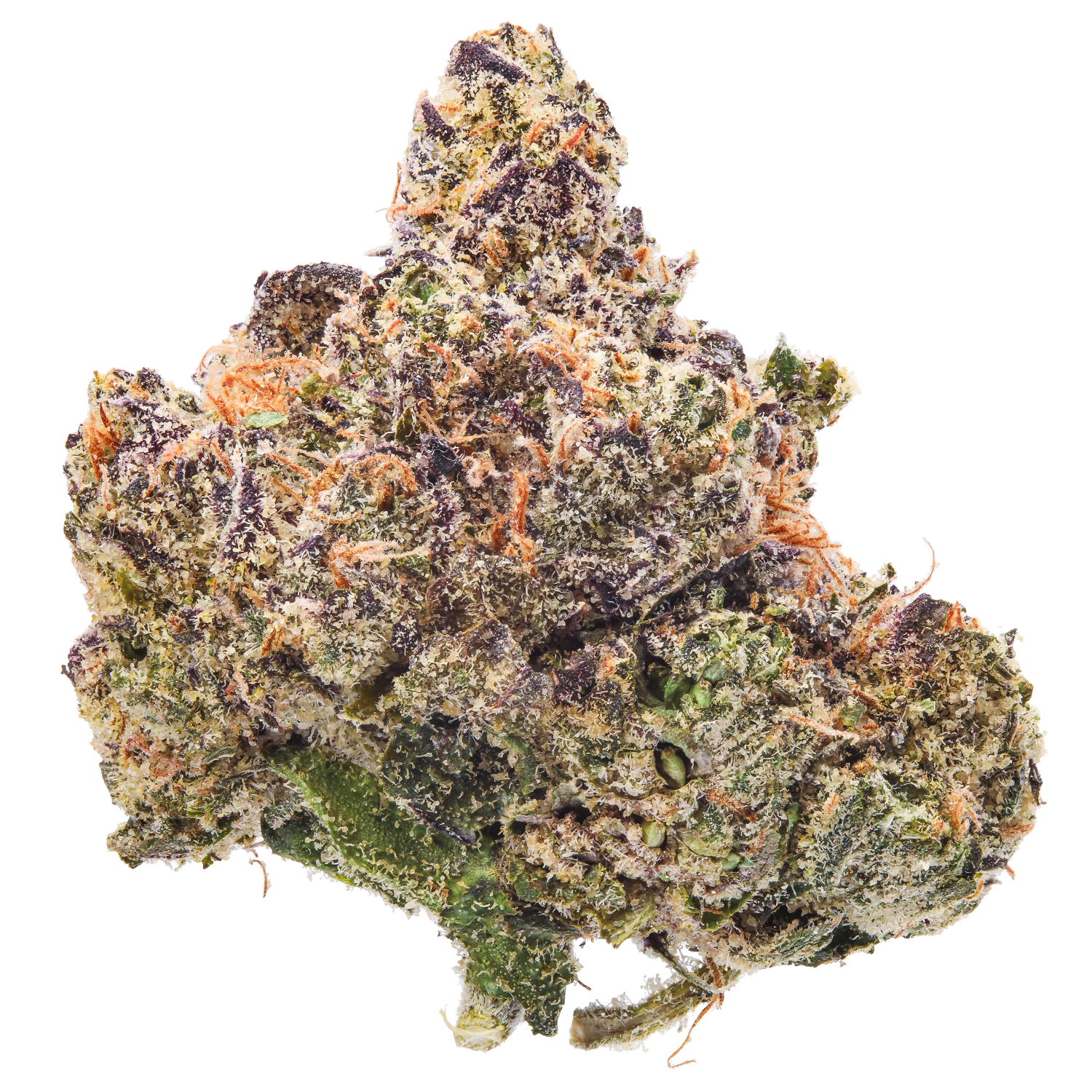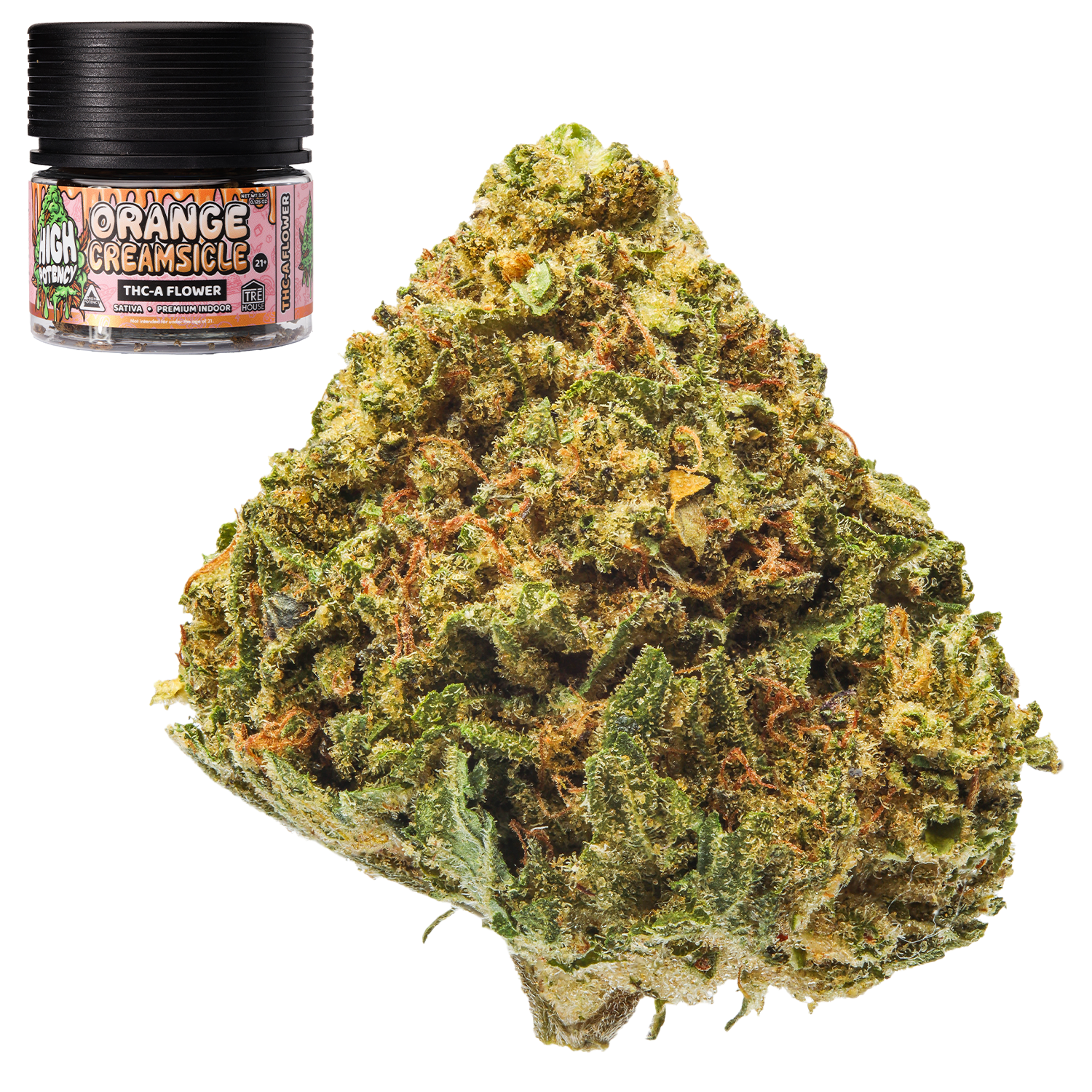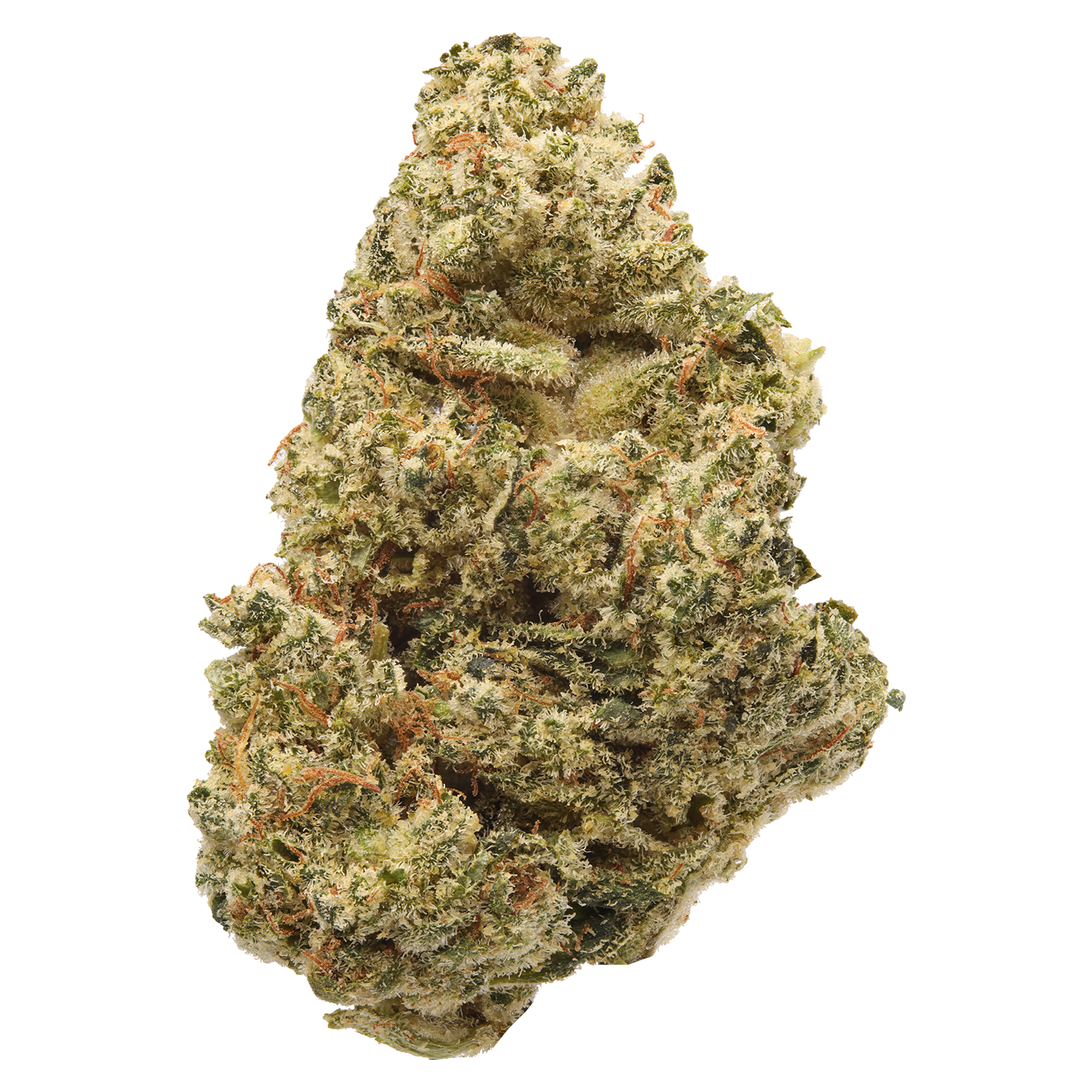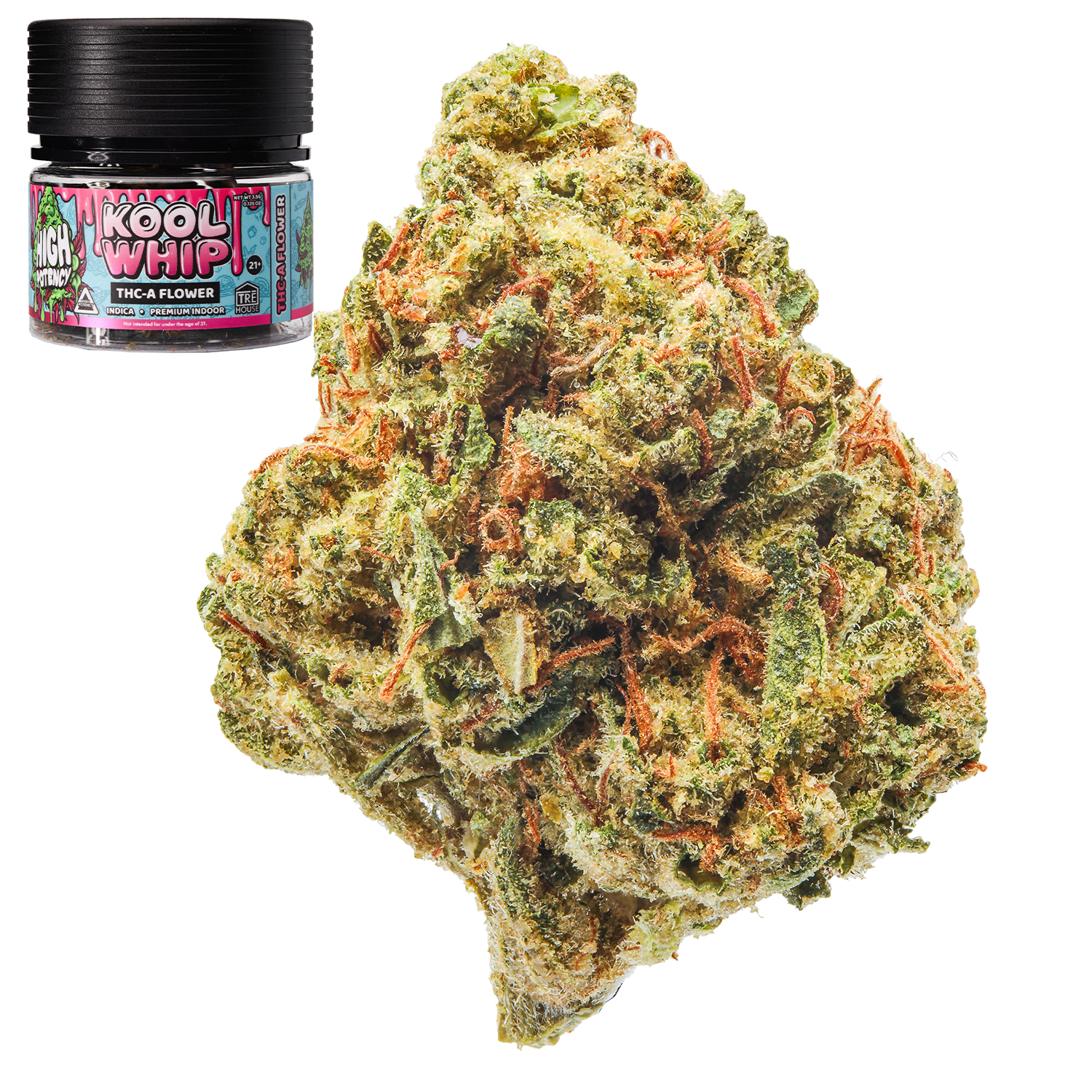Welcome back to another THCa guide, where we’ll answer the question: how long does THCa stay in your system? — ready?
So, what exactly is THCa? Short for tetrahydrocannabinolic acid, it’s the non-psychoactive precursor to THC, the compound responsible for the “high” in cannabis. Understanding THCa is becoming increasingly important as more people explore cannabis for its potential benefits. So whether you’re a casual user or exploring medicinal options, knowing how long THCa stays in the system can be crucial.
This guide will dive into why the presence of THCa matters, especially if you’re dealing with work-related screenings or trying to understand its effects and benefits. We’ll also discuss factors that affect how long it sticks around, like metabolism, frequency of use, and more. So, kick back, relax, and let’s get started.
What is THCa?
THCa, or Tetrahydrocannabinolic Acid, is a naturally occurring compound found in raw cannabis plants. Unlike THC, which is well-known for its psychoactive effects, THCa doesn’t cause a “high” because in its raw form it lacks the ability to bind effectively with the cannabinoid receptors in our brain. This allows it to uphold its status as a ‘legal loophole’ for nationwide recreational consumption.
Here’s a quick breakdown:
- Definition: THCa is the acidic precursor to THC. It’s what THC is before it undergoes decarboxylation, a process triggered by heat which then transforms THCa into psychoactive THC whenever consumed.
- Difference between THCa and THC: While both originate from the cannabis plant, THCa remains non-psychoactive until it’s heated. On the other hand, THC is the compound that brings about the intoxicating effects associated with cannabis.
- Natural Occurrence: You’ll find THCa abundantly in freshly harvested, raw cannabis. It’s a staple in the plant’s natural state before any curing or heating processes.
Understanding THCa’s role and properties helps set the groundwork for exploring its potential benefits and uses.
How Does THCa Work in the Body?
Understanding how THCa interacts with the body can help you make informed decisions about its use.
Here’s a simple breakdown to get you started:
Conversion Process of THCa to THC:
THCa turns into THC through a process called decarboxylation. This happens when THCa is exposed to heat, like cooking, vaporizing, or smoking. The heat removes a carboxyl group from THCa, enabling it to bind with cannabinoid receptors and produce psychoactive effects.
Interaction with the Endocannabinoid System:
While THCa doesn’t interact directly with the CB1 and CB2 receptors of the endocannabinoid system like THC, it has a range of indirect effects. It can influence the system more subtly, offering potential benefits like anti-inflammatory properties and neuroprotective functions without causing a “high.”
Effects of THCa Compared to THC:
THCa has some exciting benefits that set it apart from THC. Unlike THC, it doesn’t cause psychoactive effects when consumed in its raw form, which means you can take advantage of its potential therapeutic properties without experiencing the high… so long as you consume the raw cannabis leaves.
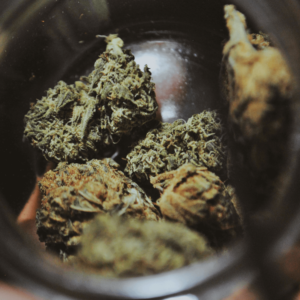
Factors Influencing THCa Presence in Your System
The amount of time THCa stays in your body can vary greatly, and several factors play into this:
- Metabolic Rate and Body Mass: The speed of your metabolism will affect drug test results. A faster metabolism might clear compounds like THCa more quickly, while individuals with a higher body mass might experience a longer presence in their system given the difference in how their body processes THCa.
- Frequency and Method of Cannabis Use: Using cannabis frequently or in large amounts can lead to a build-up of compounds like THCa in your body, rendering it detectable for longer periods. Meanwhile, the method of consumption—such as raw consumption vs. smoking—can also influence how quickly it’s processed.
- Individual Health Conditions: Health factors, including liver or kidney function, can impact how the body metabolizes and excretes THCa. Additionally, any medications you may be taking could also alter the process, resulting in varied retention times.
Taking these factors into consideration will give you a clearer picture of how long THCa might linger in your system.
Detection Methods for THCa
When it comes to detecting THCa, several testing methods are commonly used, each with its own pros and cons. Urine tests are the most popular way to detect THC, often used in drug screening and workplace screenings, as they can detect THCa for days or even weeks after use. Note that among the standard drug tests, they are less effective at pinpointing recent consumption.
Blood tests offer a shorter detection window, making this them ideal for determining recent usage but are more intrusive and costly. Saliva tests can quickly detect recent use and are less invasive, but their detection period is limited. Lastly, hair tests provide a long-term view of usage patterns, detecting THCa months after use.
However, these tests may not be as accurate for frequent users and tend to be more expensive. Understanding the sensitivity and limitations of drug test results for each method can help individuals and employers choose the most suitable testing approach for their needs.
Average Duration of THCa in the Body
Understanding how long does THCa stay in your system can be useful for both casual users and those seeking medicinal benefits. Here’s a look at the timeframes for different testing methods:
- Urine Tests: A urine drug test can detect THCa for up to 15 days after use, though this varies with frequency of consumption.
- Blood Tests: A blood drug test offers a shorter detection window, usually ranging from a few hours to 2 days after intake.
- Saliva Tests: A saliva drug test is effective in identifying recent use, generally within 24 to 72 hours.
- Hair Tests: A hair drug test provides a long-term overview, with THCa detectable for up to 90 days after consumption.
General Length of Detection Windows
The duration THCa remains detectable in the body is influenced by multiple factors. Typically, detection windows depend on the individual’s metabolic rate, the method of cannabis use, and the sensitivity of the test employed.
While casual users may find THCa clears out rather quickly, those who consume cannabis more frequently, or in larger amounts, may observe longer detection windows due to compound build-up in the system.
Variation Based on Usage Patterns
Different usage patterns significantly alter how long does THCa stay in your system. For occasional users, THCa might clear out within a few days, whereas, for habitual consumers, it may persist longer.
Factors such as regularity and dosage play critical roles in determining retention times, with repeated use leading to higher concentrations in bodily tissues and, consequently, more extended detection periods.

Comparison with THC Detection
Exploring the differences between THCa and THC detection helps clarify their distinct profiles. Generally, THC, being psychoactive, shows longer detection windows compared to its non-psychoactive precursor, THCa. This is partly because THC binds more readily with fat cells, making it slower to metabolize and thus detectable over longer periods.
- Metabolism: THC’s slower metabolism allows it to linger in the system.
- Usage Frequency: Regular THC use results in build-up within fat tissues.
- Amount Consumed: Larger doses extend THC detection timeframes.
Implications for Drug Testing
The differences in detection times between THCa and THC carry significant implications for drug testing. THCa, when consumed raw, is less likely to impact testing results negatively due to its shorter detectability and non-psychoactive nature.
Conversely, THC’s lingering presence poses challenges for those subject to drug screenings, necessitating a thorough understanding of consumption patterns and of common drug testing methods and methodologies to navigate such evaluations effectively.
Strategies to Clear THCa from Your System
Clearing THCa from your system naturally involves lifestyle changes rather than quick fixes. One effective method is to focus on natural detoxification. This involves boosting your water intake to help flush out toxins. Drinking plenty of water ensures that your body urinates frequently, supporting the excretion of compounds like THCa.
Diet and exercise also play crucial roles in managing THCa levels. Incorporating a balanced diet rich in fruits, vegetables, and lean proteins can enhance your metabolism, while regular exercise boosts circulation and helps in breaking down stored compounds. Physical activity such as cardio and strength training accelerates fat loss where THCa might be stored, allowing your body to process and eliminate it more efficiently.
It’s important to be wary of myths and unreliable methods that claim to quickly detox THC metabolites. Approaches like drastic detox pills, herbal supplements, juices, or excessive sauna sessions might seem appealing but are not backed by science. These methods can sometimes lead to dehydration or other health concerns. Instead, sticking to tried-and-true natural methods ensures you manage your THCa and cannabis metabolites levels safely and effectively.
Legal and Employment Implications
Navigating the landscape of cannabis laws and employment regulations can be a tricky affair. With marijuana legalization varying between states and countries, it’s crucial to know your local laws, especially since some employers still enforce drug testing policies.
The presence of THCa during most drug tests can complicate matters even if THCa flower itself is non-psychoactive. Employees need to be aware of their rights, as there are circumstances where drug testing needs to be reasonable and non-discriminatory.
On the flip side, there are responsibilities on the employer’s part to maintain workplace safety, which might influence their stance on cannabis use. Transparency is key, and understanding company policies can prevent misunderstandings.
Implications for Medical Users
For medical marijuana patients, the implications of THCa presence in their system can be meaningful. It’s essential for patients to maintain open communication with their healthcare providers to address any drug testing requirements from their workplace.
Medical users might need to adjust their cannabis use, opting for strains or products lower in THCa when necessary, or considering the timing of usage to align with any potential testing scenarios.
For those who depend on cannabis for therapeutic benefits, understanding testing protocols and achieving a balance with their medical needs ensures they can continue their treatment without hindrance.

Addressing Common Misconceptions
There’s a lot of confusion surrounding THCa and THC, mostly because they are closely related yet have distinct effects.
Unlike THC, THCa is non-psychoactive, meaning it won’t give you the “high” typically associated with cannabis. However, once THCa is heated or burned, it converts into THC, leading to psychoactive effects. This transformation is fundamental to understand for those using cannabis.
Many mistakenly believe THCa has the same immediate effects as THC, which can lead to misunderstandings about its use and benefits. Proper knowledge and informed usage are crucial for those exploring cannabis for either therapeutic use or recreational purposes.
Ultimately, recognizing the unique characteristics of THCa can lead to more responsible and effective consumption.
Expert Opinions and Research Findings
Cannabis researchers and healthcare professionals have worked to demystify the components under the cannabis umbrella, investigating both THCa and THC. Experts highlight that understanding these distinct compounds can influence patient care and therapeutic applications.
Recent studies have explored THCa’s potential as an anti-inflammatory agent, opening doors for its use in medical treatments without the psychoactive effects. Researchers have also been looking into other benefits such as neuroprotective properties, demonstrating a broader scope of uses than traditionally known.
As cannabis research advances, the exploration into diverse cannabinoids beyond THC continues to gain traction. Future studies are set to focus on isolating these lesser-known compounds, determining their unique benefits, and understanding the synergy they create within the plant.
The evolving research landscape will offer clearer insights, potentially reshaping both therapeutic and recreational cannabis guidelines. This expanding field indicates that informed and responsible usage lies within grasp, grounded in scientific findings and professional guidance.
Conclusion
So, how long does THCa stay in your system? In summary, understanding the nuances of THCa, including its duration in the body and the difference from THC, is crucial for responsible cannabis use. We’ve explored natural detox strategies, highlighted legal and employment implications, and dispelled common misconceptions about THCa.
Recognizing the importance of tailored approaches, particularly for medical users, helps ensure therapy isn’t interrupted by unwarranted concerns. With ongoing research shedding light on THCa’s potential benefits, the landscape of cannabis use is continuously evolving. Whether for therapeutic or recreational purposes, staying informed about how THCa works and its implications allows users to make educated decisions.
Ultimately, fostering an informed and responsible approach to cannabis use supports not only personal health and safety but also compliance with legal and workplace requirements. As the field grows, maintaining this knowledge will empower individuals and advance the broader understanding of cannabis.
How Long Does THCa Stay in Your System: FAQ’s
1. Does THCa show up in a urine test?
Yes, THCa can show up in a urine drug tests, but it’s essential to grasp how this process occurs. Most urine tests detect THC metabolites, mainly THC-COOH, which is formed after THC is metabolized in the body.
While THCa itself isn’t psychoactive, when it undergoes decarboxylation—through heat—it converts into THC. Hence, if a urine test detects THC or its THC metabolites, and you’ve been consuming THCa, particularly in forms where it could have been heated, it is possible for it to show up in drug screenings.
If you’re consuming THCa without heating it, such as in raw cannabis or certain non-heated preparations, then theoretically, the risk of failing a urine test is lower. However, testing protocols and the sensitivity of the tests can vary, so caution is always advisable if you’re at risk of a positive drug test.
2. What is the THCa loophole?
The “THCa loophole” is a term used to describe how some individuals navigate the legal landscape of cannabis consumption, particularly in areas where THC is restricted or illegal, yet THCa remains available.
Since THCa is not psychoactive until it’s heated—transforming into THC—some users purchase or use THCa-based products legally under the assumption that they’re technically not consuming THC. This loophole hinges on the chemical transformation process and often exploits gaps in legislation that specifically bans THC while overlooking THCa.
Users must be cautious, however, as the law can be ambiguous, and using THCa with the intent of converting it to THC might still land them in legal hot water depending on local laws.
3. Is THCa the same as Delta 9?
No, THCa is not the same as Delta 9, though they are closely related. THCa stands for tetrahydrocannabinolic acid, the raw, non-psychoactive form of what becomes THC.
Delta 9 refers specifically to Delta-9-tetrahydrocannabinol, the primary psychoactive compound in cannabis that produces the “high.” The transformation from THCa to Delta 9 occurs through a process called decarboxylation, which involves heat and time.
Once THCa has decarboxylated, it effectively becomes THC (Delta 9), capable of interacting with the body’s endocannabinoid system to produce psychoactive effects. Understanding this distinction is crucial for consumers looking to manage their cannabis use for either recreational enjoyment or medical purposes without the psychoactive effects.
4. How long does thca stay in your system?
The duration THCa remains in your system is largely influenced by several factors, including how frequently you consume it, your metabolic rate, and the quantity ingested. Generally, cannabinoids like THCa can be detected in the body for a period ranging from a few days to several weeks after use.
If you’re an occasional consumer, THCa may clear your system relatively quickly, typically within a few days. However, for regular users, the detox process could take longer as cannabinoids tend to accumulate in body fat.
Moreover, different types of drug tests can detect cannabinoids for varying durations – urine tests being most common, followed by blood, saliva, and hair tests each with their own detection timelines.
It’s important to remember that while THCa itself isn’t psychoactive, its ability to convert into THC when heated means it’s detected similarly in most standard drug tests and screenings. Hence, staying informed about these aspects is key to understanding how long THCa might linger in your system and product positive test results.





